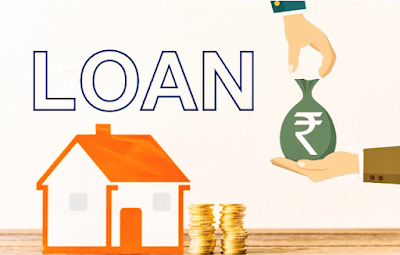What is a mortgage and how does it work?
What is a mortgage and how does it work?
A mortgage is a loan that is used to purchase a real estate property. It is a legal agreement in which a lender agrees to loan money to a borrower to buy a property, and the borrower agrees to repay the loan, with interest, over a period of time.
Here's how a mortgage works:
- The borrower applies for a mortgage loan from a lender, such as a bank, credit union, or mortgage company. The borrower will need to provide financial information, including income, credit history, and the amount of money they have available for a down payment.
- The lender evaluates the borrower's financial information and decides whether or not to approve the loan. If the loan is approved, the lender will offer the borrower a mortgage loan with specific terms, such as the interest rate, the length of the loan, and the amount of the monthly payments.
- The borrower agrees to the terms of the mortgage loan and signs a mortgage agreement. The agreement specifies the terms of the loan, including the interest rate, the length of the loan, and the amount of the monthly payments.
- The borrower uses the mortgage loan to purchase the property. The lender holds a lien on the property until the loan is fully repaid.
- The borrower makes monthly payments to the lender, which include both the principal (the amount borrowed) and the interest (the cost of borrowing the money). The borrower continues to make these payments until the mortgage is fully repaid.


Comments
Post a Comment